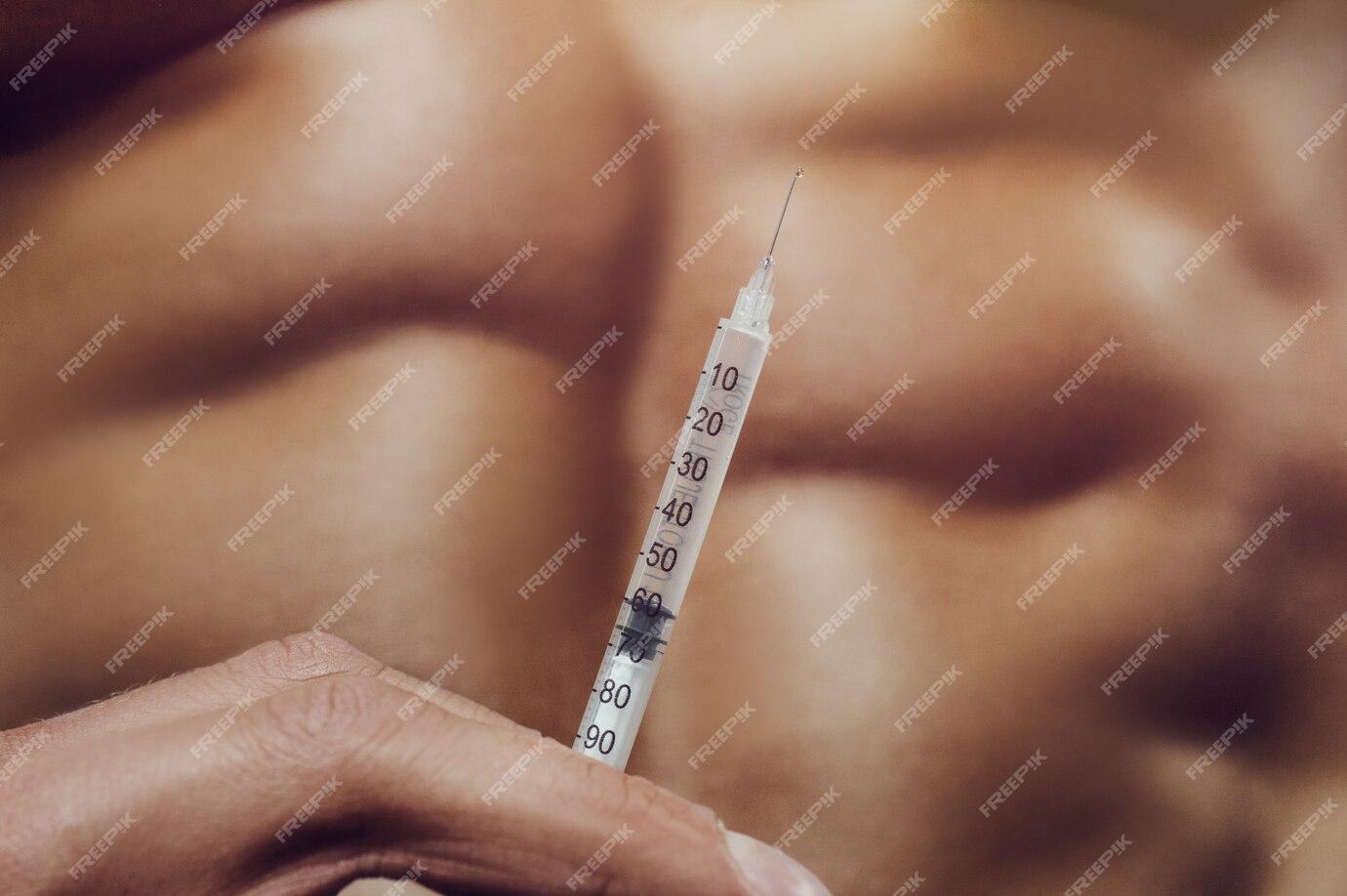Steroids, often viewed with skepticism and controversy, have a complex role in sports. While the discussion typically centers around the negative aspects—like addiction or unfair advantages—there is an overlooked side to steroids that can benefit athletes. Understanding how steroids work and how they positively affect sports performance is crucial for anyone involved in athletic training or performance enhancement.
In this article, we will dive into the positive effects of steroids in sports, backed by scientific insights, expert perspectives, and real-world applications. Let’s explore how they can contribute to an athlete’s success when used responsibly and under proper guidance.
The Role of Steroids in Muscle Growth and Recovery
One of the most significant benefits of steroids in sports is their ability to stimulate muscle growth. Steroids, particularly anabolic steroids, help increase the rate at which muscle tissue builds and recovers. When athletes engage in strenuous training, their muscles experience micro-tears. Steroids enhance the body’s natural ability to repair and regenerate muscle tissue, leading to faster recovery and more substantial muscle gains.
This muscle growth isn’t just about aesthetics; it directly impacts an athlete’s performance. For example, a sprinter or weightlifter relies on strong, well-developed muscles to enhance power and speed. With the help of steroids, muscle recovery speeds up, which means more intense training sessions and less downtime due to soreness or injury.
While anabolic steroids can aid in muscle growth, it’s important to note that they should be used in moderation and with a professional's guidance. Overuse can lead to adverse effects, including hormonal imbalances or long-term health issues. However, when used responsibly, the positive effects on muscle recovery and strength are clear.
Enhanced Performance Through Increased Red Blood Cell Production
Steroids not only impact muscles but also boost red blood cell production, which is critical for endurance athletes. Red blood cells are responsible for transporting oxygen throughout the body. More red blood cells mean more oxygen is delivered to muscles during exercise, improving stamina and reducing fatigue.
Athletes in endurance sports like cycling, running, or swimming can see substantial benefits from increased red blood cell production. The enhanced oxygen supply allows athletes to perform at higher intensities for longer periods without feeling exhausted. Steroids can also help athletes recover faster after endurance events, reducing the recovery time needed between workouts or races.
This effect can be especially beneficial for athletes recovering from anemia or those who need to maintain peak performance over extended periods. By increasing endurance and improving oxygen efficiency, steroids give athletes a competitive edge, particularly in sports that require prolonged exertion.
Boosting Mental Focus and Reducing Fatigue
Steroids also have a psychological impact that can positively influence an athlete’s performance. For many athletes, the mental aspect of competition is just as important as physical conditioning. Steroids have been known to reduce mental fatigue and improve focus, giving athletes a mental edge when competing under high pressure.
In sports like weightlifting, gymnastics, or football, where the psychological component plays a crucial role in performance, steroids may help athletes push through mental barriers. They can enhance confidence, reduce anxiety, and sharpen focus, allowing athletes to perform at their best during critical moments.
However, the mental effects of steroids are not universally positive. In some cases, improper use can lead to mood swings, aggression, or dependency. It’s vital for athletes to use steroids in conjunction with proper mental health management strategies. Consulting with medical professionals or sports psychologists can provide insight into how steroids might affect their mental state and ensure that the benefits outweigh the risks.
Injury Prevention and Healing Acceleration
Another significant positive effect of steroids is their ability to aid in injury prevention and accelerate healing. For athletes, dealing with injuries is an unfortunate reality. Whether it’s joint issues, ligament tears, or muscle strains, injuries can derail an athlete’s career. Steroids, specifically corticosteroids, can play a vital role in reducing inflammation and promoting faster recovery from injuries.
Steroids can help reduce the swelling around joints and muscles, making rehabilitation easier and more effective. By lowering inflammation, steroids provide relief from pain and allow athletes to continue their training at a reduced intensity while they recover. This recovery process is especially important for athletes who face repeated injuries or need to return to peak form as quickly as possible.
In addition, steroids can speed up the healing process for soft tissue injuries, including tendonitis or ligament sprains. This ability to heal more quickly can be a game-changer for athletes competing in high-stakes situations. Professional athletes, particularly in contact sports like football or rugby, often rely on steroids to recover from injuries and stay competitive in their field.
However, while steroids can help prevent further injury and accelerate healing, they should never replace proper rehabilitation and physical therapy. Working with specialists, like those who can provide Steroids for sale https://www.physsportsmed.com/, can help athletes incorporate steroids into a comprehensive injury recovery plan that maximizes results and minimizes risks.
Conclusion
Steroids, when used correctly and responsibly, can provide athletes with significant benefits, including faster muscle recovery, enhanced endurance, better mental focus, and quicker healing from injuries. While the use of steroids in sports remains controversial, it’s clear that they have positive effects when incorporated into a well-balanced training regimen.
